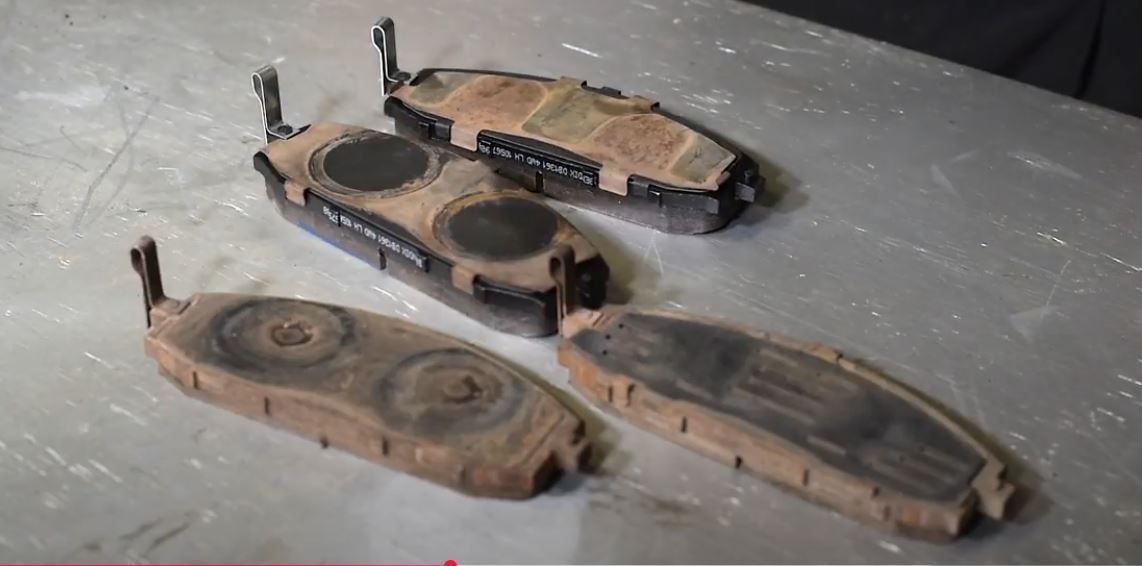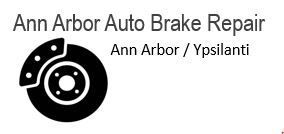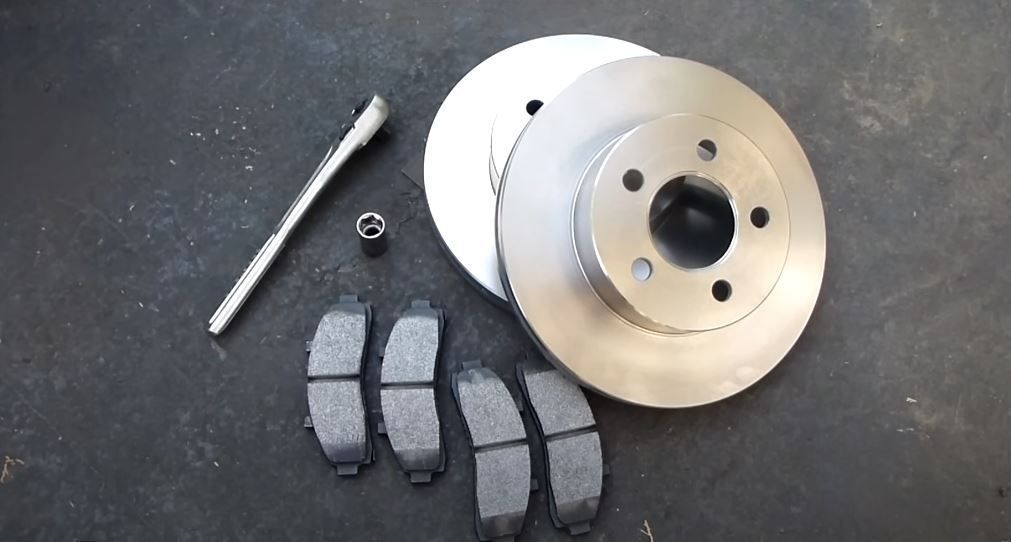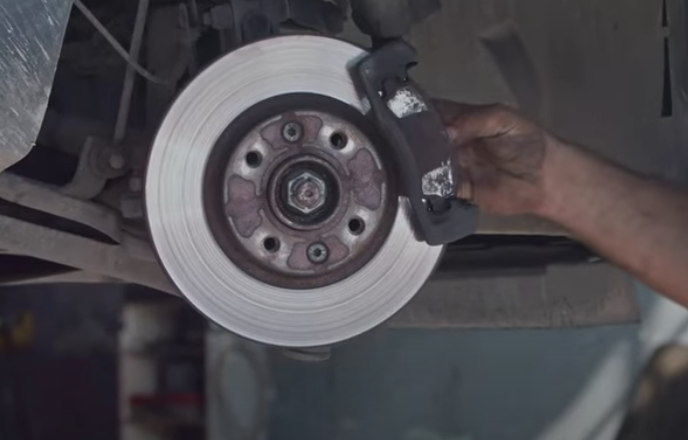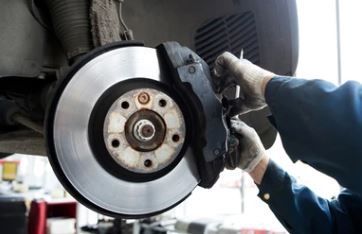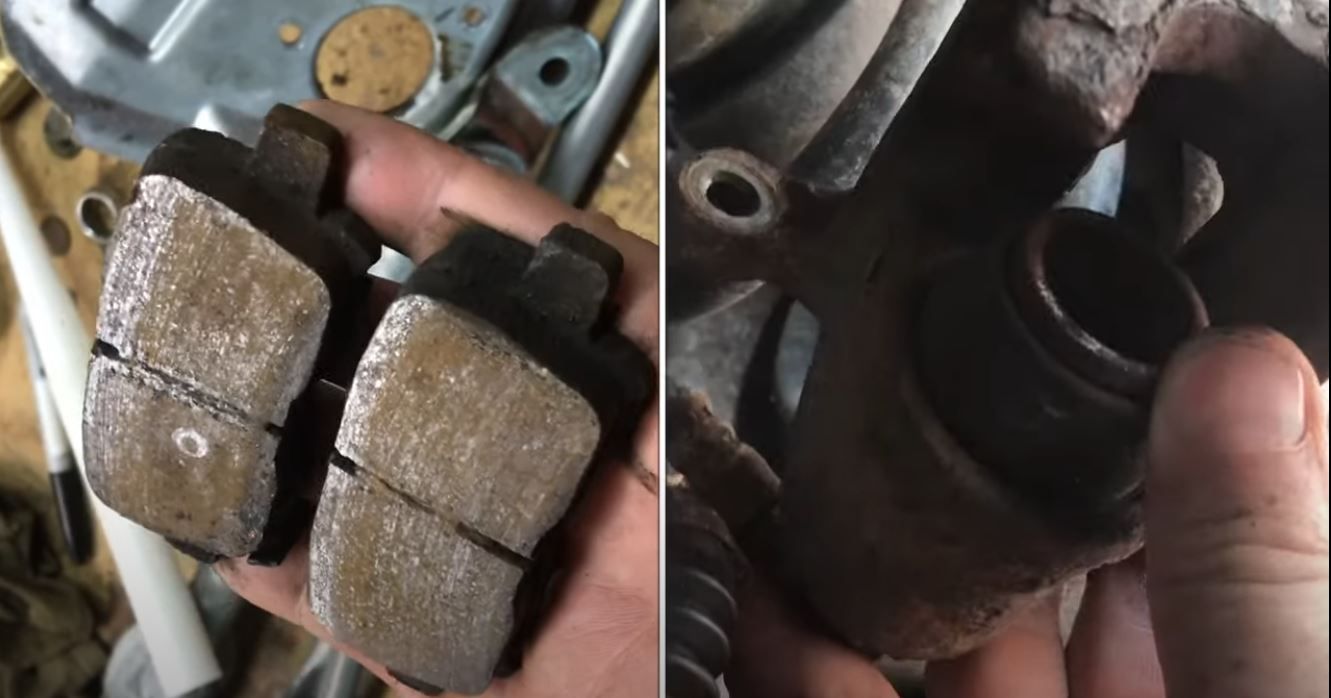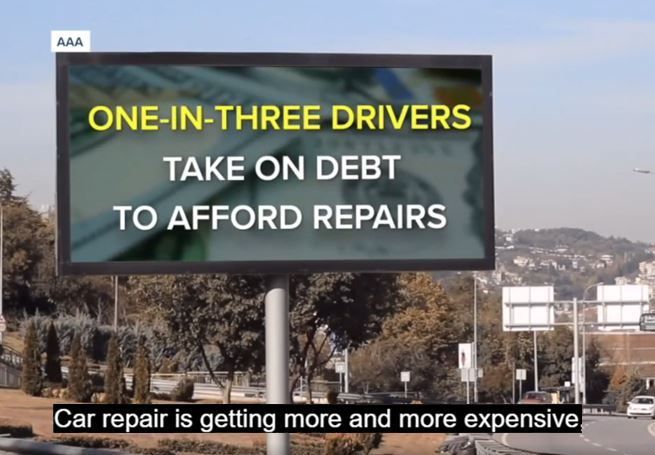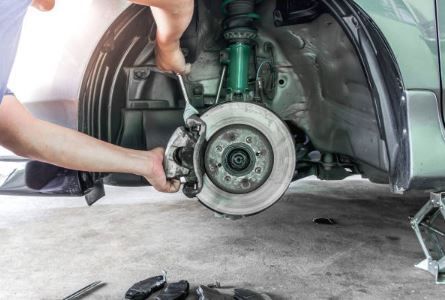Can you drive a car with bad brakes?
Can you drive a car with bad brakes?
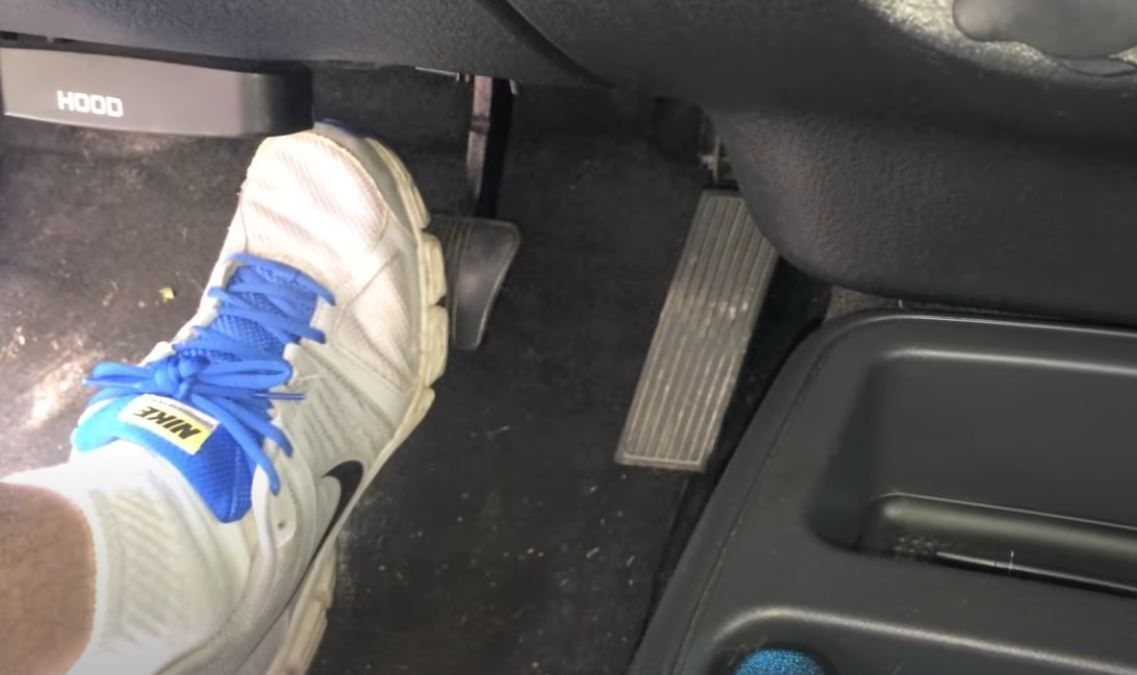
Never drive a car with bad brakes!
Of course, this advice may depend on “how badly” the brakes have become. Not all of us are brake experts, but when we know that the vehicle brakes are not performing as expected (not slowing or stopping the car as expected), it is important to drive the vehicle carefully (if necessary) and always have a plan if the brakes were to unexplainably fail without any warning.
Bad Results of Bad Brakes
Driving a car with unreliable or poorly performing is extremely dangerous. Brakes that are not reliably stopping or slowing your vehicle also significantly increase the risk of accidents, potentially leading to severe human injuries or fatalities. According to the National Highway Traffic Safety Administration (NHTSA), brake-related issues contribute a substantial percentage of car crashes each year. In 2017, faulty brakes caused over 22,000 crashes in the USA, resulting in hundreds of deaths. A vehicle with poorly working brakes require a longer stopping distance, When you find yourself needing to stop in a very short distance, bad brakes make it difficult to react to sudden stops or unexpected obstacles or changes in the traffic flow. The point here is that driving with bad brakes can lead to accidents.
Warning Signs
Warning signs can indicate that your vehicle's brakes are not working optimally. Warnings can include:
a) Noises such as squealing, grinding, or scraping when braking,
b) A brake pedal that feels soft or spongy when pushed,
c) Finding that your vehicle is pulling to one side during braking,
d) Vibrations that happen in the steering wheel or brake pedal while braking,
e) Noticing an illuminated brake warning light on the dashboard,
f) etc.
All of these are potential warning signs of brake problems. Please do not ignore them.
Diagnosing for Repair
Diagnosing the specific cause of brake problems often requires a professional inspection. A qualified mechanic can:
- visually inspect the brake system, checking the brake pads, rotors, calipers, brake lines, and master cylinder for evidence of wear, damage, or leaks.
- measure the thickness of the brake pads and rotors to determine if they are within acceptable limits, or need to be replaced.
- test the brake fluid to see if it contains contamination or moisture in the system,
A good mechanic from Ann Arbor Auto Brake Repair can do a road test with specialized diagnostic equipment to assess the brake system's overall functionality and identify underlying issues.
